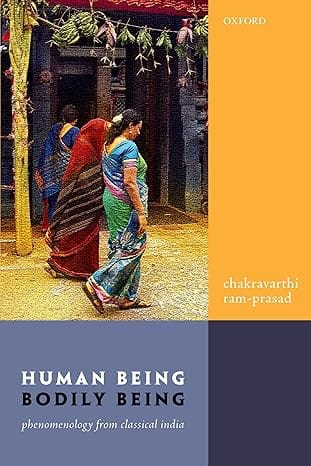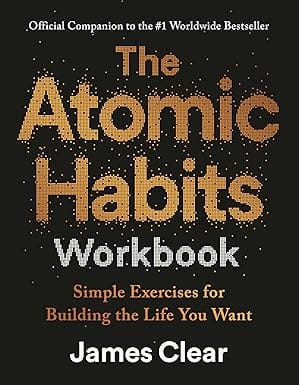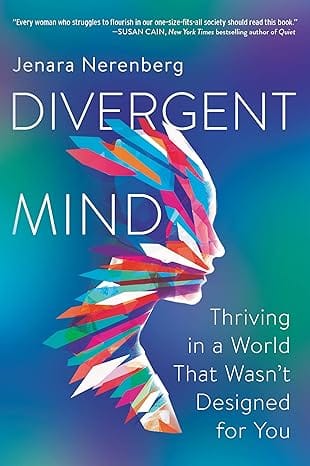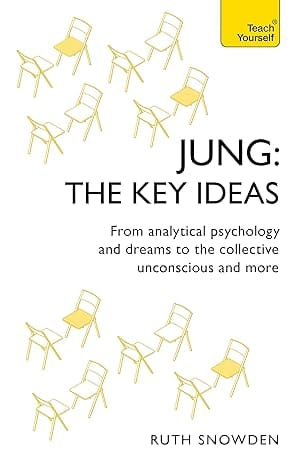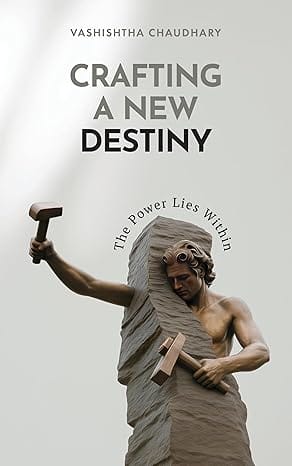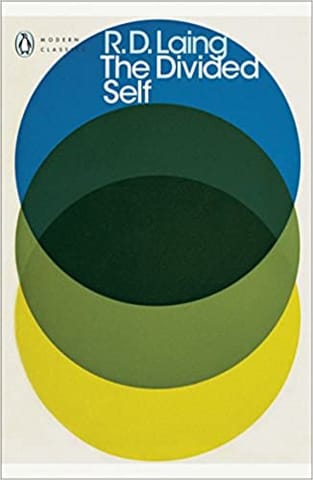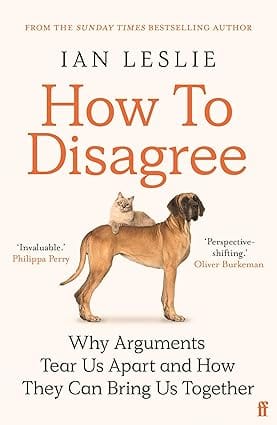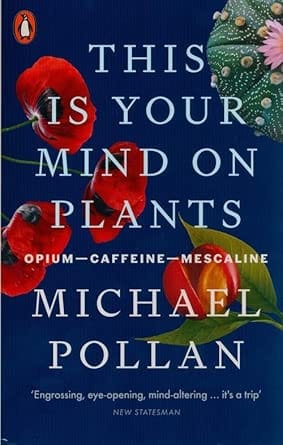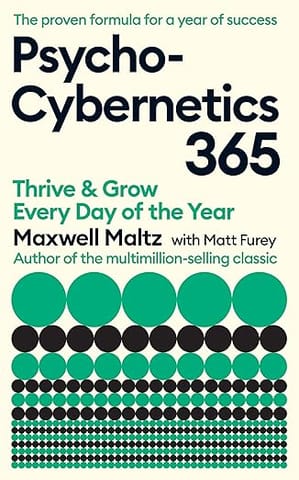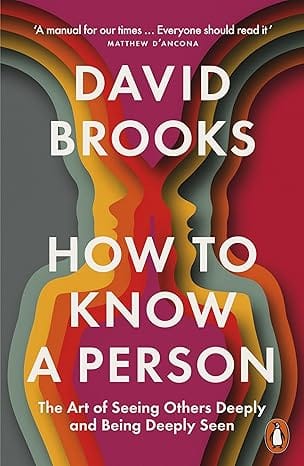- Non-ficton
- Non-ficton
- Contemporary Fiction
- Contemporary Fiction
- Children
- Children
- Comics & Graphic Novels
- Comics & Graphic Novels
- Non-Fiction
- Non-Fiction
- Fiction
- Fiction
Chakravarthi Ram-Prasad offers illuminating new perspectives on contemporary phenomenological theories of body and subjectivity, based on studies of classical Indian texts that deal with bodily subjectivity. Examining four texts from different genres - a medical handbook, epic dialogue, a manual of Buddhist practice, and erotic poetry - he argues for a 'phenomenological ecology' of bodily subjectivity in health, gender, contemplation, and lovemaking. An ecology is a continuous and dynamic system of interrelationships between elements, in which the salience accorded to some type of relationship clarifies how the elements it relates are to be identified. The paradigm of ecological phenomenology obviates the need to choose between apparently incompatible perspectives of the human. The delineation of body is arrived at by working back phenomenologically from the world of experience, with the acknowledgement that the point of arrival - a conception of what counts as bodiliness - is dependent upon the exact motivation for attending to experience, the areas of experience attended to, and the expressive tools available to the phenomenologist. Ecological phenomenology is pluralistic, yet integrates the ways experience is attended to and studied, permitting apparently inconsistent intuitions about bodiliness to be explored in novel ways. Rather than seeing particular framings of our experience as in tension with each other, we should see each such framing as playing its own role according to the local descriptive and analytic concern of a text.
Review
"Extraordinary, demanding, and often moving book" -- Sonam Kachru, University of Virginia, Philosophy East & West
About the Author
Chakravarthi Ram-Prasad is Distinguished Professor of Comparative Religion and Philosophy at Lancaster University, and a Fellow of the British Academy. He is the author of six books and some fifty papers. Divine Self, Human Self (Bloomsbury) won the Society for Hindu-Christian Studies Best Book Award 2011-15.
- Home
- Psychology
- Human Being Bodily Being
Human Being Bodily Being
SIZE GUIDE
- ISBN: 9780192856920
- Author: Chakravarthi Ram-prasad
- Publisher: Oxford
- Pages: 204
- Format: Paperback
Book Description
Chakravarthi Ram-Prasad offers illuminating new perspectives on contemporary phenomenological theories of body and subjectivity, based on studies of classical Indian texts that deal with bodily subjectivity. Examining four texts from different genres - a medical handbook, epic dialogue, a manual of Buddhist practice, and erotic poetry - he argues for a 'phenomenological ecology' of bodily subjectivity in health, gender, contemplation, and lovemaking. An ecology is a continuous and dynamic system of interrelationships between elements, in which the salience accorded to some type of relationship clarifies how the elements it relates are to be identified. The paradigm of ecological phenomenology obviates the need to choose between apparently incompatible perspectives of the human. The delineation of body is arrived at by working back phenomenologically from the world of experience, with the acknowledgement that the point of arrival - a conception of what counts as bodiliness - is dependent upon the exact motivation for attending to experience, the areas of experience attended to, and the expressive tools available to the phenomenologist. Ecological phenomenology is pluralistic, yet integrates the ways experience is attended to and studied, permitting apparently inconsistent intuitions about bodiliness to be explored in novel ways. Rather than seeing particular framings of our experience as in tension with each other, we should see each such framing as playing its own role according to the local descriptive and analytic concern of a text.
Review
"Extraordinary, demanding, and often moving book" -- Sonam Kachru, University of Virginia, Philosophy East & West
About the Author
Chakravarthi Ram-Prasad is Distinguished Professor of Comparative Religion and Philosophy at Lancaster University, and a Fellow of the British Academy. He is the author of six books and some fifty papers. Divine Self, Human Self (Bloomsbury) won the Society for Hindu-Christian Studies Best Book Award 2011-15.
User reviews
NEWSLETTER
Subscribe to get Email Updates!
Thanks for subscribing.
Your response has been recorded.

India's Iconic & Independent Book Store offering a vast selection of books across a variety of genres Since 1978.
"We Believe In The Power of Books" Our mission is to make books accessible to everyone, and to cultivate a culture of reading and learning. We strive to provide a wide range of books, from classic literature, sci-fi and fantasy, to graphic novels, biographies and self-help books, so that everyone can find something to read.
Whether you’re looking for your next great read, a gift for someone special, or just browsing, Midland is here to make your book-buying experience easy and enjoyable.
We are shipping pan India and across the world.
For Bulk Order / Corporate Gifting
 +91 9818282497 |
+91 9818282497 |  [email protected]
[email protected]
Click To Know More
QUICK LINKS
ADDRESS
Shop No.20, Aurobindo Palace Market, Near Church, New Delhi

